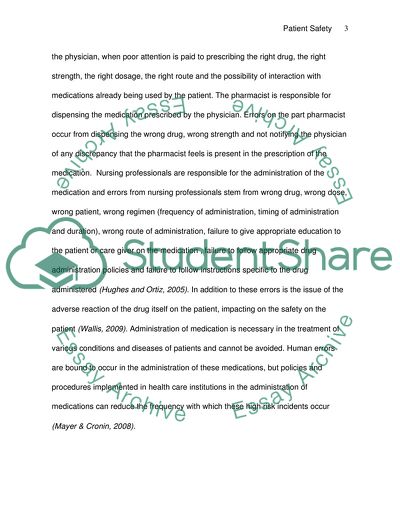Cite this document
(“Reasons For Medication Errors And Ways For Their Prevention Research Paper”, n.d.)
Reasons For Medication Errors And Ways For Their Prevention Research Paper. Retrieved from https://studentshare.org/health-sciences-medicine/1722224-patient-safety
Reasons For Medication Errors And Ways For Their Prevention Research Paper. Retrieved from https://studentshare.org/health-sciences-medicine/1722224-patient-safety
(Reasons For Medication Errors And Ways For Their Prevention Research Paper)
Reasons For Medication Errors And Ways For Their Prevention Research Paper. https://studentshare.org/health-sciences-medicine/1722224-patient-safety.
Reasons For Medication Errors And Ways For Their Prevention Research Paper. https://studentshare.org/health-sciences-medicine/1722224-patient-safety.
“Reasons For Medication Errors And Ways For Their Prevention Research Paper”, n.d. https://studentshare.org/health-sciences-medicine/1722224-patient-safety.


